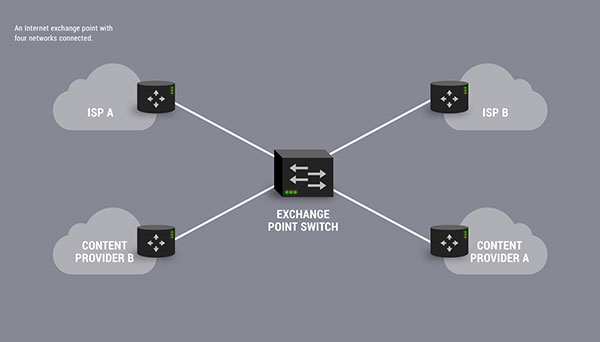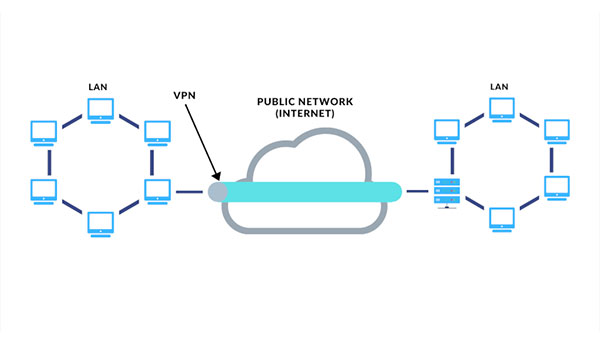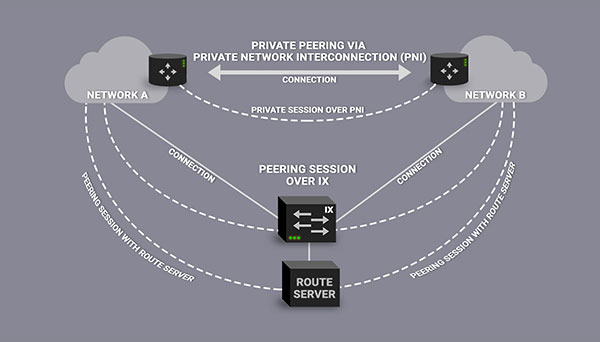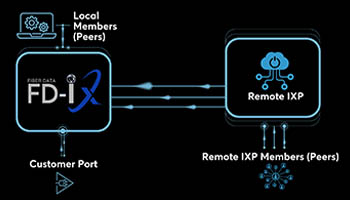If you are an Internet service provider who has more than one peer having an IX in your mix can greatly benefit you in several ways.
First of all, Justin did an article on Enterprise vs ISP networks. Lots of good context in there. If you are an ISP with multiple backbone providers you should, at the very least, be taking customer routes with a default. This gives you a better overall view of what your upstream providers have of the Internet. Full routes with a default is what I prefer when I have more than one upstream. Modern routers can be ordered with enough memory to handle these full routing tables for ever-decreasing prices.
So let’s take the above scenario. You are an ISP taking in routes of some sort from your upstreams. This means your router can make a fairly informed decision on where to send the traffic. The more routes you take the more informed this decision can be. Full routes from both providers will make the decisions more informed than just a default route.
Now, we add in an IX, such as FD-IX. You now have a third perspective on the view of the Internet. The more perspective you have the better. Most IXes will have a small subset of routes that are just local to that geographic area. This means the traffic that gets sent to the IX routes will be quick due to proximity.
An IX generally keeps an eye on port utilization to prevent bottlenecks. members are encouraged to have sufficient capacity to reduce congestion on links which should be faster than their transit peers. By monitoring this peers are able to exchange traffic as fast as possible.
Another distinct advantage for FD-IX members is the ability of members such as Hurricane Electric to exchange direct customer routes over the IX with you. As of this writing Hurricane Electric (AS 6939) sends over 130,000 routes to a direct peer across the IX. This is almost a sixth of the Internet for just being a member. You can also buy full Internet transit from Hurricane and other members, which saves on cross-connect fees.
Finally, while transit providers such as Hurricane Electric have cache boxes on their networks you have to ask how close those are and how utilized the links to them are. If access to those cache boxes goes across the same links as your transit you are not saving all that much compared to if they were local on the IX.





















